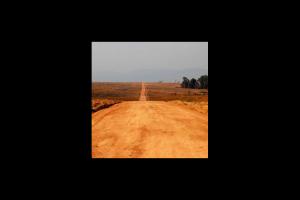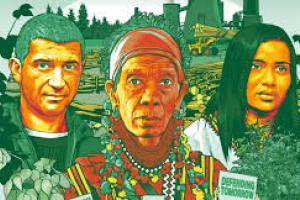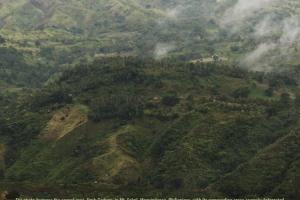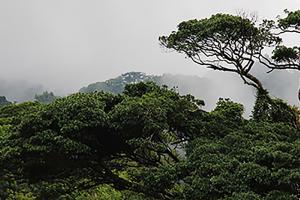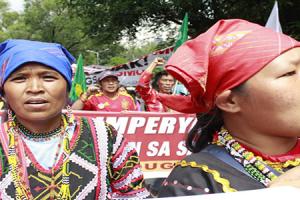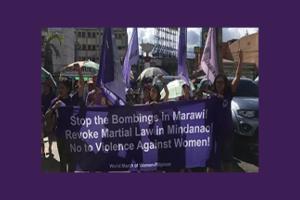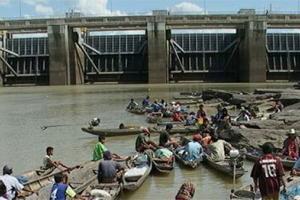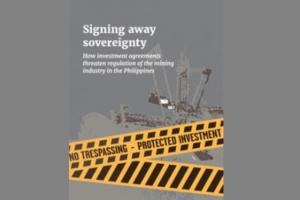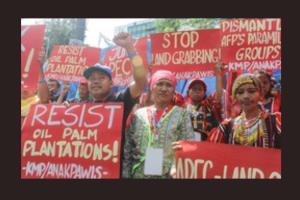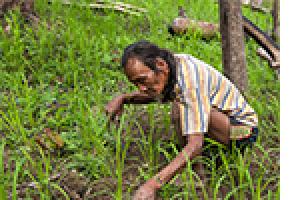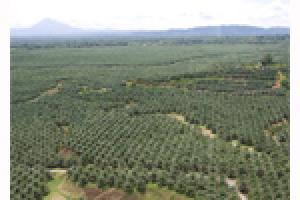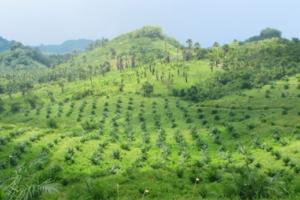Colonial and anti-colonial movements’ have deeply shaped the patterns and impacts of concessions in SE Asia. In some cases, communities have experienced dispossession through land grabs dressed as concessions. In others, concessions are part of a re-concentration of land holding. Either way, the concession model fits well with ideologies of modernisation.
Philippines
Other information
24 September 2020
The NGO Global Witness recently released its 2019 report on the violence against land and environmental defenders - those who are at the frontlines of resisting the devastation and exploitation of people and territories. Their report evidences that 2019 was the year with the highest number yet of people murdered in one year since 2012, when the NGO began to publish data. 212 land and environmental defenders were killed in 2019, an average of more than four people a week. Over half of all reported killings occurred in two countries: Colombia and the Philippines.
Other information
15 July 2020
“Dulet”: A highly transferable disease brought by the meginalew (good spirit) to discipline the wrongdoings of humanity. Alim “Kim” Bandara, a member of the Indigenous Political Structure of the Teduray and Lambangian Indigenous Peoples in south-central Mindanao, Philippines, explains how Covid-19 and dulet are similar in many aspects. In this article, Bandara explains how the Teduray and Lambangian have confronted similar situations before and what lessons these experiences hold.
Bulletin articles
23 August 2017
Bulletin articles
10 July 2017
Bulletin articles
7 July 2017
Women leaders from several national, regional and international organizations called for truth about what’s happening in Marawi and Mindanao, Philippines, to come out and for perpetrators of violence to be pursued. Around 130 persons have been killed, thousands trapped and tens of thousands more displaced following a botched military operation to capture Abu Sayyaf’s leader, Isnilon Hapilon. Martial Law was declared all over Mindanao.
Bulletin articles
6 April 2017
Other information
6 April 2017
In the last decade, the Philippines has bet heavily on the mining industry, with 47 large-scale mines in operation and growing evidence of their social and environmental costs. The briefing argues that the country’s ability to properly regulate or close polluting mines will be severely constrained by a network of investment treaties the Philippines has signed, which provide excessive protection for foreign investors.
Other information
11 December 2015
In early November, a gathering of peasants and indigenous peoples from Mindanao, Bohol and Palawan, denounced the government’s plan to devote eight million hectares of land to oil palm by 2023. Oil palm plantations in the Philippines cover almost 55,000 hectares. The Philippine Coconut Authority’s (PCA) 2014 to 2023 road map has identified about a million hectares for potential oil palm farms.
Other information
9 November 2015
Traditional upland farming implemented through swidden (‘slash-and-burn’) technology (kaingin) in The Philippines is demonized and antagonized through restrictive legislation. In Palawan forests are being destroyed by agribusiness (mainly oil palm and rubber), mining enterprises and various forms of land grabbing. Yet, state agencies as well as some Palawan NGOs still view indigenous kaingin as ‘illegitimate agriculture’ and as the primary cause of deforestation.
Other information
6 March 2015
Oil palm plantations in Palawan, as elsewhere in the Philippines, are portrayed as a key solution to lower greenhouse gas emissions and as a tool for poverty eradication. However, reality shows a different picture. A report from “Ancestral Land/Domain Watch” (ALDAW) explains the many reasons why oil palm development should be stopped. Among others, this monoculture takes over cropland and coconut groves which sustain local self-sufficiency.
Other information
16 October 2014
Joint IPs/Farmers Coalition Hits Oil Palm Expansion in Palawan
A press release by the Coalition against Land Grabbing (CALG), 13 October, 2014
